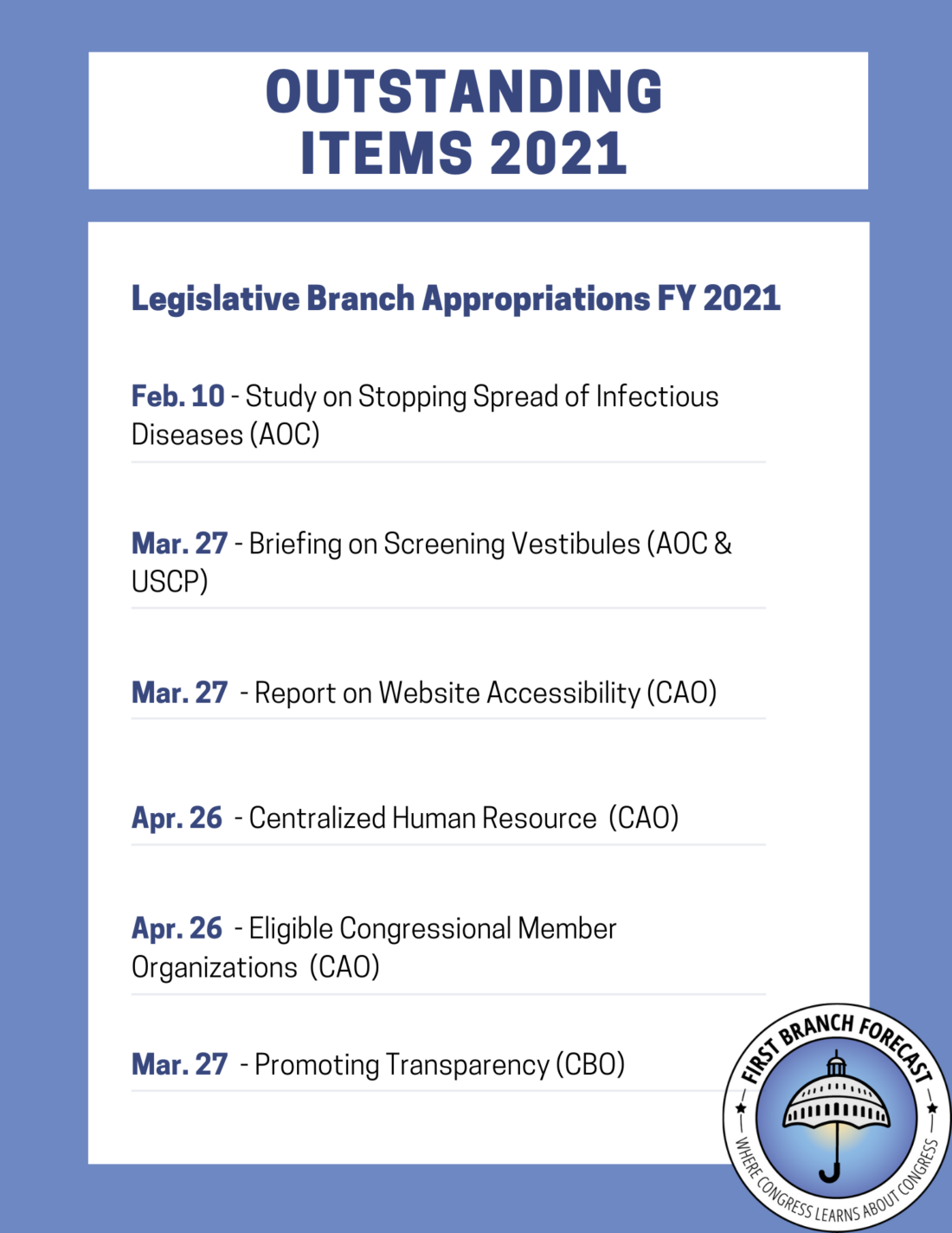The House Legislative Branch Appropriations Subcommittee today released its draft FY 2023 appropriations bill accompanied by a press release. The subcommittee markup is tomorrow at 11 am ET — the full committee vote is next Wednesday — and we won’t know what is in the committee report until the day before the full committee markup. We reviewed the legislation and compared the proposed funding to the enacted levels from prior years. (If you’re interested in the documents from prior Congresses, we have compiled them here.)
At first glance, this bill is packed with many smart funding decisions that will help strengthen Congress. In particular, we noticed significant adjustments to personal, committee, and leadership staff funding; improving the intern pipeline by providing a living wage and the creation of a new intern resource office; a significant investment in modernizing the House’s technology and implementing the recommendations of the Select Committee on the Modernization of Congress, and providing adequate funding to support the House unionization process. There are also significant changes in funding levels for offices and policy agencies, including the GAO. We also note tremendous amounts of new money for the Capitol Police and the Architect.
We applaud the hard work of Chair Ryan, Ranking Member Herrera Buetler, and all members of the House Legislative Branch Appropriations Subcommittee who have demonstrated good stewardship of the Legislative branch. We look forward to seeing the many provisions that will be contained in the committee report and reflect more granular decisions concerning improving Legislative branch operations.
Appropriators have proposed a $5.7 billion funding level, which is a $954.4 million increase over FY 2022, or a 20.1 percent increase. Please note that this does not include funding for the Senate, which will add approximately $1 billion dollars. A whopping 71.4% of the increase will go to the Capitol Police and Architect. This raises significant concerns with us, most notably because historically funding for the USCP and the Architect has resulted in significant decreases in funding for Congress’s policy apparatus, which will become more of a problem in subsequent years.
Continue reading “First Reactions to the Draft FY 2023 House Legislative Branch Appropriations Subcommittee Bill”

